Synthetic leather, also known as faux leather or artificial leather, has gained significant popularity as a sustainable and cost-effective alternative to genuine leather in various industries, including fashion, automotive, furniture, and more. As the demand for synthetic leather continues to rise, it becomes essential to understand the role and significance of synthetic leather suppliers in the market. This article aims to provide a comprehensive summary of synthetic leather suppliers, their offerings, manufacturing processes, market trends, and future prospects. 1. Definition and Types of Synthetic Leather: Synthetic leather is a man-made material that mimics the look and feel of genuine leather. It is composed of a fabric base or backing, which is coated or laminated with a synthetic material, usually polyurethane (PU) or polyvinyl chloride (PVC). There are several types of synthetic leather with varying characteristics, including durability, breathability, and flexibility. Common types include PU leather, PVC leather, microfiber leather, and water-based PU leather. 2. Role of Synthetic Leather Suppliers: Synthetic leather suppliers play a crucial role in providing high-quality synthetic leather materials to manufacturers and businesses across various industries. Their role encompasses sourcing raw materials, manufacturing synthetic leather, quality control, and timely delivery. These suppliers often work closely with designers, manufacturers, and end-users to meet specific requirements and cater to the diverse needs of their clients. 3. Manufacturing Process: The manufacturing process of synthetic leather involves several stages, including fabric preparation, coating or lamination, embossing, and finishing. Initially, a fabric base is selected, and if necessary, it undergoes treatments to enhance its properties. Afterward, the fabric is coated or laminated with the synthetic material, which provides the desired texture and appearance. Embossing techniques are then utilized to replicate the grain patterns and texture found in genuine leather. Finally, finishing touches, such as dyeing, heat treatment, and application of protective coatings, are applied to the synthetic leather. 4. Key Factors to Consider when Choosing a Synthetic Leather Supplier: a) Quality Assurance: The supplier should have a strong quality control system in place to ensure consistent and reliable product quality. b) Customization and Flexibility: Suppliers that offer customization options and flexible order quantities can cater to the unique needs of different businesses. c) Sustainability and Compliance: Increasing consumer awareness regarding sustainability has made it essential for synthetic leather suppliers to adopt environmentally friendly manufacturing processes and comply with regulations and industry standards. d) Competitive Pricing: Consideration of competitive pricing is crucial, allowing businesses to stay cost-effective while ensuring quality. e) Timely Delivery: Reliable suppliers should have a proven track record of delivering orders on time, helping businesses maintain their production schedules. 5. Market Trends and Challenges: a) Growing Demand: The synthetic leather market has witnessed strong growth due to various factors such as affordability, increasing awareness of animal rights, and sustainability concerns.
leather
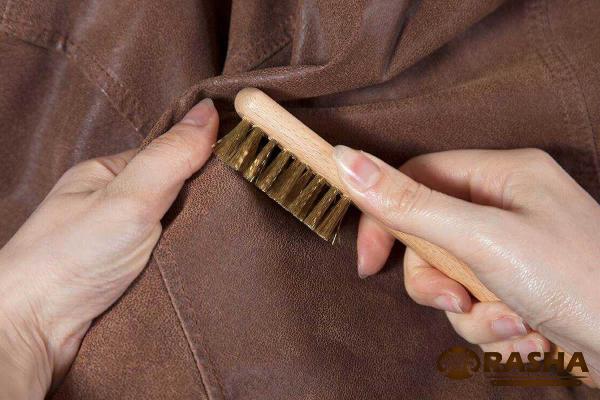 b) Technological Advancements: Advancements in manufacturing techniques and the introduction of innovative materials have contributed to the improved quality and performance of synthetic leather. c) Eco-friendly Alternatives: The market is witnessing a rise in demand for eco-friendly and sustainable synthetic leather materials, leading to the development of products made from water-based PU or recycled materials. d) Competition from Genuine Leather: While synthetic leather offers numerous advantages, genuine leather remains a popular choice for many consumers, particularly in luxury segments. e) Supply Chain Disruptions: Dependence on raw materials and manufacturing processes can lead to challenges caused by supply chain disruptions, such as shortages of raw materials or changes in regulations. 6. Future Prospects: The future of the synthetic leather supplier industry looks promising due to the increasing demand for sustainable and cost-effective materials. Several market reports project a continuous expansion of the synthetic leather market, along with the exploration of advanced technologies and the introduction of new materials with improved properties. With a focus on sustainability, innovation, and adaptation to changing market dynamics, synthetic leather suppliers are well-positioned for growth in the coming years. Conclusion: Synthetic leather suppliers play a pivotal role in meeting the growing demand for sustainable and affordable alternatives to genuine leather across various industries. Through their expertise in sourcing raw materials, manufacturing processes, and quality control, they ensure the availability of high-quality synthetic leather materials for designers, manufacturers, and end-users. As the market trends towards eco-friendly alternatives and explores innovative materials and manufacturing techniques, synthetic leather suppliers are expected to thrive. By prioritizing quality, customization, sustainability, competitive pricing, and timely delivery, these suppliers can continue to meet the evolving demands of their clients and contribute to the growth and expansion of the synthetic leather market. Synthetic Leather Suppliers: Meeting the Demands of Various Industries 1. Fashion Industry: Synthetic leather has gained significant popularity in the fashion industry, where it is used for a wide range of applications including footwear, handbags, clothing, and accessories. Reliable synthetic leather suppliers ensure the availability of diverse textures, colors, and finishes that designers and manufacturers can utilize to create stylish and on-trend products. They work closely with fashion brands to understand their specific requirements and deliver materials that meet strict quality and design standards. 2. Automotive Sector: The automotive industry utilizes synthetic leather for upholstery, steering wheel covers, and other interior applications. Synthetic leather suppliers play a vital role in providing materials that meet the stringent safety and durability standards of the automotive sector. They offer heat-resistance, stain-resistance, and fade-resistance properties, ensuring that the synthetic leather can withstand constant exposure to sunlight and other harsh conditions. In addition, suppliers in this market segment have expertise in developing materials that meet fire safety regulations.
b) Technological Advancements: Advancements in manufacturing techniques and the introduction of innovative materials have contributed to the improved quality and performance of synthetic leather. c) Eco-friendly Alternatives: The market is witnessing a rise in demand for eco-friendly and sustainable synthetic leather materials, leading to the development of products made from water-based PU or recycled materials. d) Competition from Genuine Leather: While synthetic leather offers numerous advantages, genuine leather remains a popular choice for many consumers, particularly in luxury segments. e) Supply Chain Disruptions: Dependence on raw materials and manufacturing processes can lead to challenges caused by supply chain disruptions, such as shortages of raw materials or changes in regulations. 6. Future Prospects: The future of the synthetic leather supplier industry looks promising due to the increasing demand for sustainable and cost-effective materials. Several market reports project a continuous expansion of the synthetic leather market, along with the exploration of advanced technologies and the introduction of new materials with improved properties. With a focus on sustainability, innovation, and adaptation to changing market dynamics, synthetic leather suppliers are well-positioned for growth in the coming years. Conclusion: Synthetic leather suppliers play a pivotal role in meeting the growing demand for sustainable and affordable alternatives to genuine leather across various industries. Through their expertise in sourcing raw materials, manufacturing processes, and quality control, they ensure the availability of high-quality synthetic leather materials for designers, manufacturers, and end-users. As the market trends towards eco-friendly alternatives and explores innovative materials and manufacturing techniques, synthetic leather suppliers are expected to thrive. By prioritizing quality, customization, sustainability, competitive pricing, and timely delivery, these suppliers can continue to meet the evolving demands of their clients and contribute to the growth and expansion of the synthetic leather market. Synthetic Leather Suppliers: Meeting the Demands of Various Industries 1. Fashion Industry: Synthetic leather has gained significant popularity in the fashion industry, where it is used for a wide range of applications including footwear, handbags, clothing, and accessories. Reliable synthetic leather suppliers ensure the availability of diverse textures, colors, and finishes that designers and manufacturers can utilize to create stylish and on-trend products. They work closely with fashion brands to understand their specific requirements and deliver materials that meet strict quality and design standards. 2. Automotive Sector: The automotive industry utilizes synthetic leather for upholstery, steering wheel covers, and other interior applications. Synthetic leather suppliers play a vital role in providing materials that meet the stringent safety and durability standards of the automotive sector. They offer heat-resistance, stain-resistance, and fade-resistance properties, ensuring that the synthetic leather can withstand constant exposure to sunlight and other harsh conditions. In addition, suppliers in this market segment have expertise in developing materials that meet fire safety regulations.
Specifications of leather
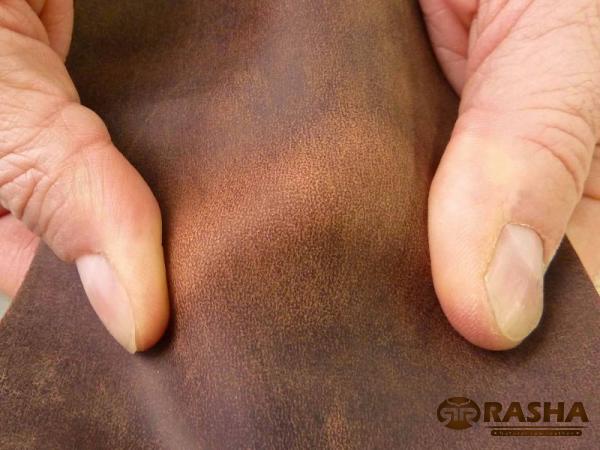 3. Furniture and Upholstery: The furniture industry extensively utilizes synthetic leather for upholstery due to its cost-effectiveness, durability, and versatility. Synthetic leather suppliers cater to this industry by offering a wide range of textures, patterns, and colors that can mimic the look and feel of genuine leather. Furthermore, they provide materials that are easy to clean and maintain, making them suitable for both residential and commercial settings. 4. Footwear Industry: Synthetic leather suppliers are crucial to the footwear industry, where the demand for vegan-friendly materials is growing. In addition to being cruelty-free, synthetic leather offers manufacturers the ability to create innovative designs and incorporate unique patterns and textures. Suppliers also ensure that the synthetic leather they provide is water-resistant, breathable, and flexible, promoting comfort and longevity in footwear products. 5. Upholstery for Aircraft and Marine Applications: Synthetic leather suppliers also serve the aircraft and marine industries by providing materials suitable for upholstery applications. These materials must meet strict fire safety regulations, as well as resist UV radiation, saltwater, and other harsh conditions. Suppliers focus on developing synthetic leather that is lightweight, durable, and easy to clean, ensuring that they meet the demands of these specialized industries. 6. Sports Equipment and Accessories: The sports industry relies on synthetic leather for the manufacturing of various products, including sports equipment, bags, and accessories. Synthetic leather suppliers cater to this market segment by offering materials that are not only durable but also provide a superior grip, enhancing performance and safety. Suppliers understand the specific needs of sports equipment manufacturers and work closely with them to develop synthetic leather that meets these requirements. 7. Medical and Healthcare Applications: Synthetic leather has found its place in the medical and healthcare industries, where it is used for items like examination tables, therapy mats, and wheelchair coverings. Synthetic leather suppliers understand the importance of hygiene and infection control in these settings, and therefore offer materials that are stain-resistant, antimicrobial, and easy to clean. Additionally, they ensure that the synthetic leather they provide meets the required medical standards and certifications. 8. Electronics and Technology: Synthetic leather suppliers also cater to the electronics and technology industries, where synthetic leather is used for protective cases, covers, and accessories. These suppliers provide materials that are not only aesthetically pleasing but also offer durability, shock absorption, and compatibility with touch screens and other functionalities. Additionally, they understand the importance of precision and attention to detail in this sector and work closely with manufacturers to deliver materials that meet their specific requirements.
3. Furniture and Upholstery: The furniture industry extensively utilizes synthetic leather for upholstery due to its cost-effectiveness, durability, and versatility. Synthetic leather suppliers cater to this industry by offering a wide range of textures, patterns, and colors that can mimic the look and feel of genuine leather. Furthermore, they provide materials that are easy to clean and maintain, making them suitable for both residential and commercial settings. 4. Footwear Industry: Synthetic leather suppliers are crucial to the footwear industry, where the demand for vegan-friendly materials is growing. In addition to being cruelty-free, synthetic leather offers manufacturers the ability to create innovative designs and incorporate unique patterns and textures. Suppliers also ensure that the synthetic leather they provide is water-resistant, breathable, and flexible, promoting comfort and longevity in footwear products. 5. Upholstery for Aircraft and Marine Applications: Synthetic leather suppliers also serve the aircraft and marine industries by providing materials suitable for upholstery applications. These materials must meet strict fire safety regulations, as well as resist UV radiation, saltwater, and other harsh conditions. Suppliers focus on developing synthetic leather that is lightweight, durable, and easy to clean, ensuring that they meet the demands of these specialized industries. 6. Sports Equipment and Accessories: The sports industry relies on synthetic leather for the manufacturing of various products, including sports equipment, bags, and accessories. Synthetic leather suppliers cater to this market segment by offering materials that are not only durable but also provide a superior grip, enhancing performance and safety. Suppliers understand the specific needs of sports equipment manufacturers and work closely with them to develop synthetic leather that meets these requirements. 7. Medical and Healthcare Applications: Synthetic leather has found its place in the medical and healthcare industries, where it is used for items like examination tables, therapy mats, and wheelchair coverings. Synthetic leather suppliers understand the importance of hygiene and infection control in these settings, and therefore offer materials that are stain-resistant, antimicrobial, and easy to clean. Additionally, they ensure that the synthetic leather they provide meets the required medical standards and certifications. 8. Electronics and Technology: Synthetic leather suppliers also cater to the electronics and technology industries, where synthetic leather is used for protective cases, covers, and accessories. These suppliers provide materials that are not only aesthetically pleasing but also offer durability, shock absorption, and compatibility with touch screens and other functionalities. Additionally, they understand the importance of precision and attention to detail in this sector and work closely with manufacturers to deliver materials that meet their specific requirements.
buy leather
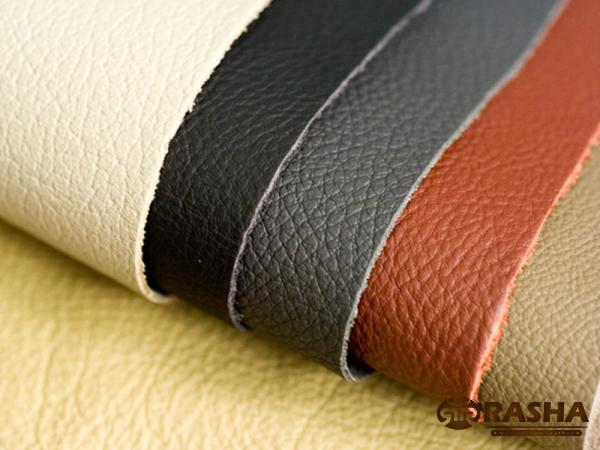 9. Sustainability and Environmental Concerns: In recent years, there has been a growing focus on sustainability and environmental concerns in various industries. Synthetic leather suppliers have recognized this shift and are actively involved in developing and promoting eco-friendly synthetic leather materials. This includes the use of water-based PU coatings, recycled materials, and the adoption of manufacturing processes that minimize waste and emissions. Suppliers further help businesses meet their sustainability goals by offering transparency and certifications regarding the eco-friendliness of their materials. 10. Collaboration and Value-Added Services: Synthetic leather suppliers understand the importance of collaboration and value-added services in gaining a competitive edge. They work closely with their clients to understand their unique needs and provide customized solutions. This can involve developing new finishes, textures, or colors, and even assisting with product development and design. Additionally, suppliers offer services such as sample development, testing, and compliance certifications, ensuring that their clients have access to all the resources needed for successful product launches. 11. Global Reach and Supply Chain Management: In an increasingly globalized market, synthetic leather suppliers must have a strong supply chain management system in place. They need to procure raw materials from reliable sources, manage transportation logistics, and ensure timely delivery to their clients. Suppliers with a global reach can offer a wide range of options, flexibility, and continuity of supply, ensuring that businesses have access to the synthetic leather materials they need, regardless of their location. 12. Future Outlook and Opportunities: The future for synthetic leather suppliers appears promising, driven by the increasing demand for sustainable and cost-effective alternatives to genuine leather. With advancements in manufacturing processes and the introduction of innovative materials, suppliers have the opportunity to deliver high-quality synthetic leather that closely resembles the look and feel of genuine leather. Additionally, the rising focus on sustainability and eco-friendliness presents opportunities for suppliers to further enhance their offerings and cater to businesses looking for greener alternatives. Conclusion: Synthetic leather suppliers play a vital role in meeting the diverse needs of various industries, offering high-quality materials that mimic the look and feel of genuine leather. From fashion and automotive to furniture and electronics, these suppliers ensure that businesses have access to sustainable, cost-effective, and customizable synthetic leather materials. With a focus on quality, customization, sustainability, and collaboration, suppliers can thrive in a competitive market and contribute to the growth and expansion of the synthetic leather industry.
9. Sustainability and Environmental Concerns: In recent years, there has been a growing focus on sustainability and environmental concerns in various industries. Synthetic leather suppliers have recognized this shift and are actively involved in developing and promoting eco-friendly synthetic leather materials. This includes the use of water-based PU coatings, recycled materials, and the adoption of manufacturing processes that minimize waste and emissions. Suppliers further help businesses meet their sustainability goals by offering transparency and certifications regarding the eco-friendliness of their materials. 10. Collaboration and Value-Added Services: Synthetic leather suppliers understand the importance of collaboration and value-added services in gaining a competitive edge. They work closely with their clients to understand their unique needs and provide customized solutions. This can involve developing new finishes, textures, or colors, and even assisting with product development and design. Additionally, suppliers offer services such as sample development, testing, and compliance certifications, ensuring that their clients have access to all the resources needed for successful product launches. 11. Global Reach and Supply Chain Management: In an increasingly globalized market, synthetic leather suppliers must have a strong supply chain management system in place. They need to procure raw materials from reliable sources, manage transportation logistics, and ensure timely delivery to their clients. Suppliers with a global reach can offer a wide range of options, flexibility, and continuity of supply, ensuring that businesses have access to the synthetic leather materials they need, regardless of their location. 12. Future Outlook and Opportunities: The future for synthetic leather suppliers appears promising, driven by the increasing demand for sustainable and cost-effective alternatives to genuine leather. With advancements in manufacturing processes and the introduction of innovative materials, suppliers have the opportunity to deliver high-quality synthetic leather that closely resembles the look and feel of genuine leather. Additionally, the rising focus on sustainability and eco-friendliness presents opportunities for suppliers to further enhance their offerings and cater to businesses looking for greener alternatives. Conclusion: Synthetic leather suppliers play a vital role in meeting the diverse needs of various industries, offering high-quality materials that mimic the look and feel of genuine leather. From fashion and automotive to furniture and electronics, these suppliers ensure that businesses have access to sustainable, cost-effective, and customizable synthetic leather materials. With a focus on quality, customization, sustainability, and collaboration, suppliers can thrive in a competitive market and contribute to the growth and expansion of the synthetic leather industry.
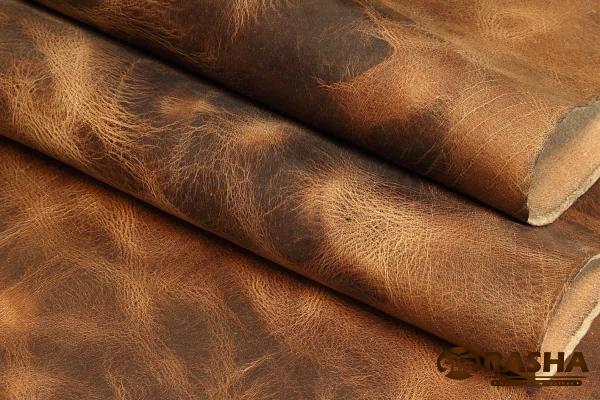
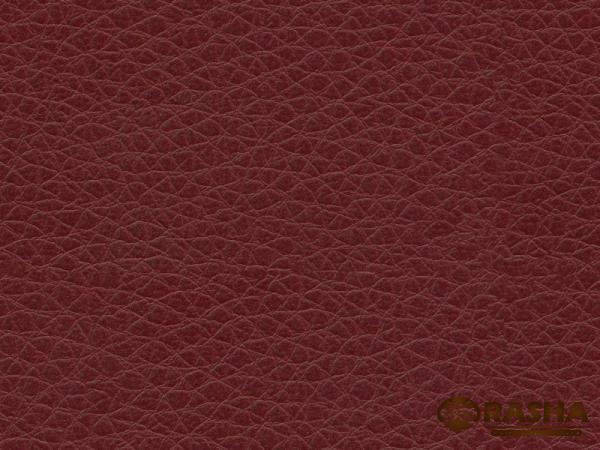
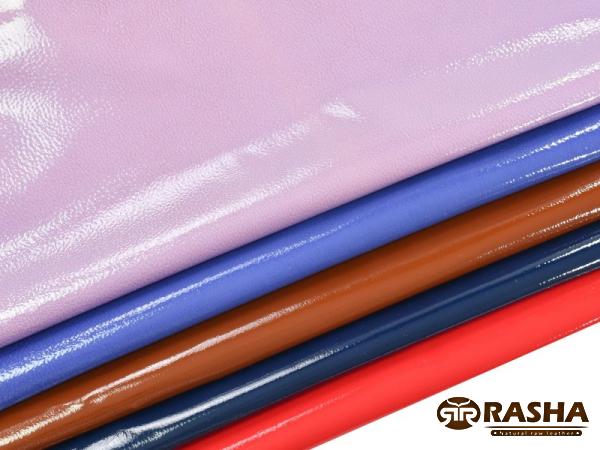
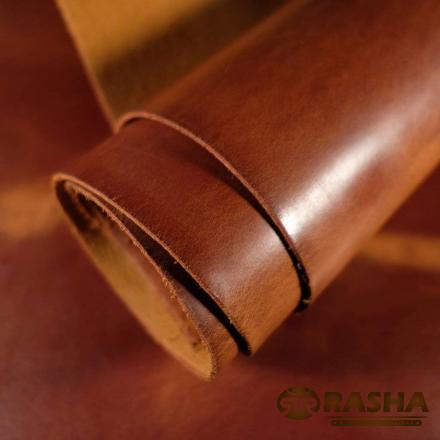
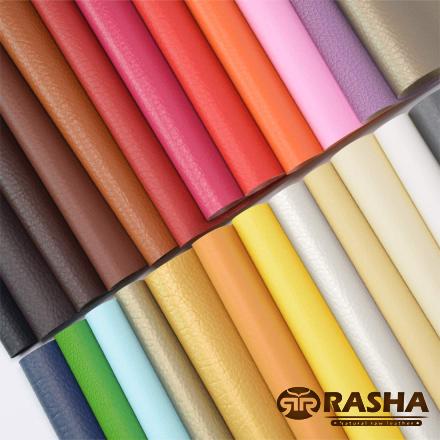
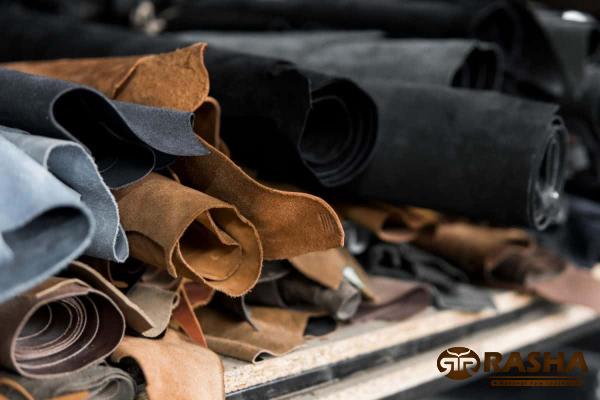
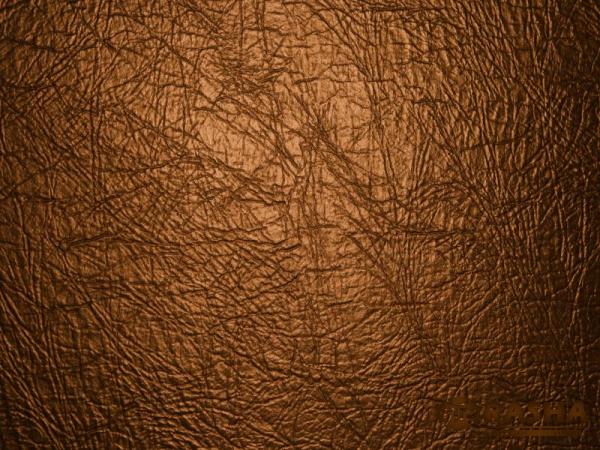
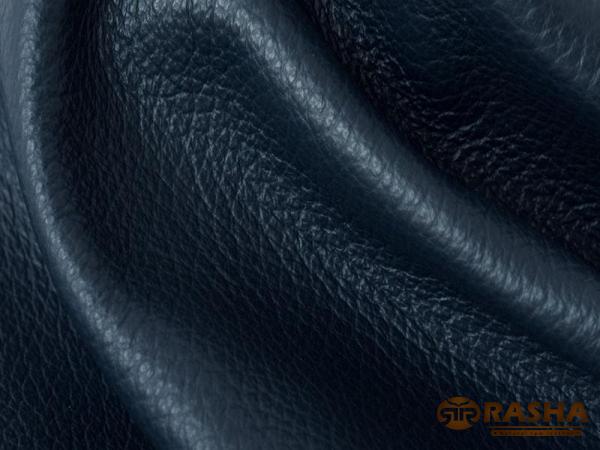
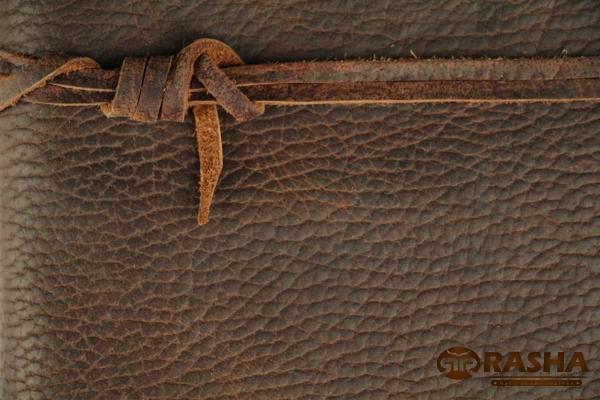
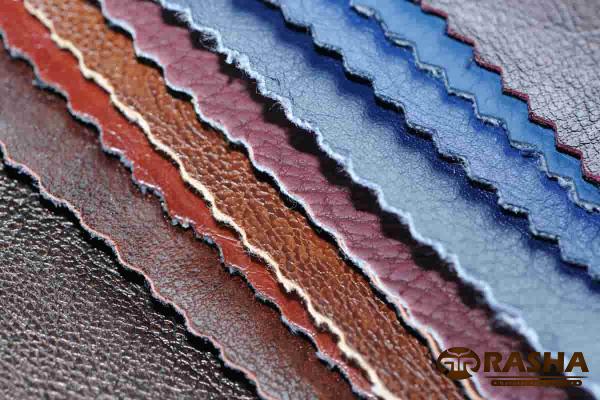
Your comment submitted.